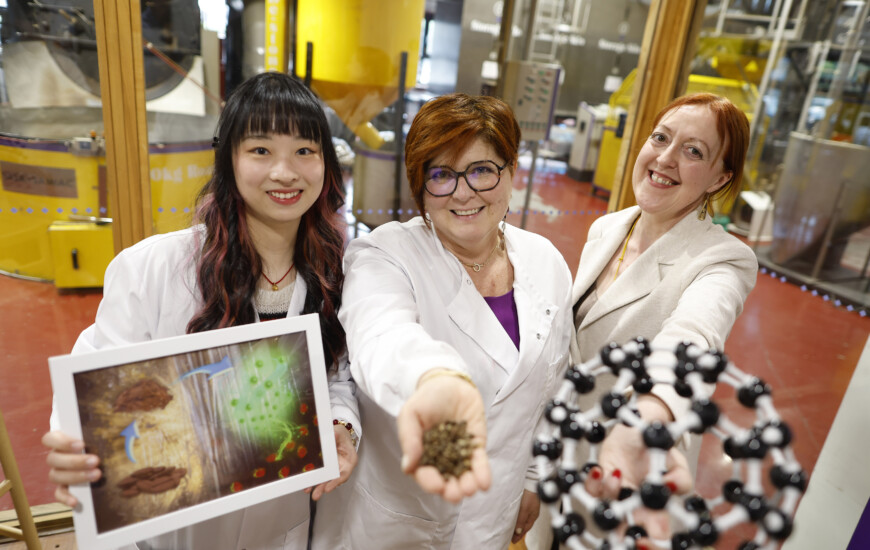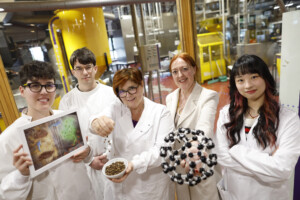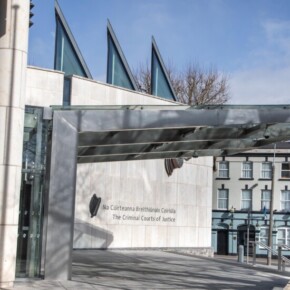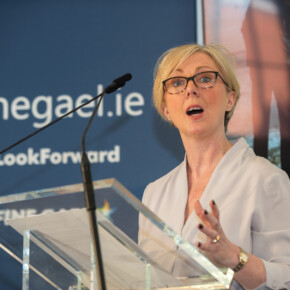Coffee grounds could help fight cancer, say DCU scientists
Padraig Conlon 21 May 2025
Who doesn’t enjoy a good cup of coffee?
But what happens to the leftover grounds once the brew is done?
Instead of simply tossing them in the bin, scientists at Dublin City University have discovered a remarkable new use for these spent coffee grounds, turning them into tiny particles that could help deliver anti-cancer drugs more effectively inside the body.
The research, recently published in the journal Nanoscale, shows how the team transformed used coffee grounds into microscopic ‘carbon dots’ using gentle chemical methods.
These carbon dots have unique properties that suggest they could play a vital role in future biomedical applications, especially in improving cancer treatment.
“Cancer treatment is advancing all the time, but challenges still remain, including the side-effects of chemotherapy,” explains Professor Silvia Giordani, who led the study at DCU’s School of Chemical Sciences.
“This is where we believe nanomedicine, using tiny nanoparticles like carbon dots, could help improve treatment effectiveness and potentially reduce side-effects for patients.”

Picture shows Dr. Sofia Dominguez, Dr. Michal Bartowski, Prof. Silvia Giordani, Yingru Zhou and Dr. Frances Drummond. Picture credit: Julien Behal
Interestingly, the coffee used for this study was nothing special or rare. “We just bought it off the shelves in shops in Dublin,” says Prof. Giordani.
The simplicity of the source adds to the appeal of the method, which uses a low-cost, environmentally friendly process that avoids toxic heavy metals and cuts down on energy use.
After creating the carbon dots, the researchers tested them against various human cell lines in the lab, including both cancerous and healthy cells.
They found that the carbon dots could inhibit the growth of breast cancer cells while having minimal impact on healthy breast, kidney, and liver cells.
“This shows their potential to target and damage breast cancer cells while sparing healthy tissues,” says Prof. Giordani.
Moreover, the way the dots moved into and accumulated in cells suggests they could act as effective carriers for anti-cancer drugs, delivering treatments directly to tumour cells.
Orla Dolan, CEO of Breakthrough Cancer Research, one of the study’s supporters, praised the innovation.
“Turning yesterday’s coffee grounds into tomorrow’s cancer-fighting nanomedicines is both brilliantly inventive and deeply meaningful.
“These sustainable carbon dots show real promise for delivering drugs straight to tumour cells while sparing healthy tissue, which could dramatically lessen the grueling side-effects so many people endure during chemotherapy.”
The study received funding from Breakthrough Cancer Research, Research Ireland, and DCU’s School of Chemical Sciences.
With such promising results, these tiny coffee-derived particles could one day transform how cancer treatments are delivered, offering hope for kinder, more effective therapies.











